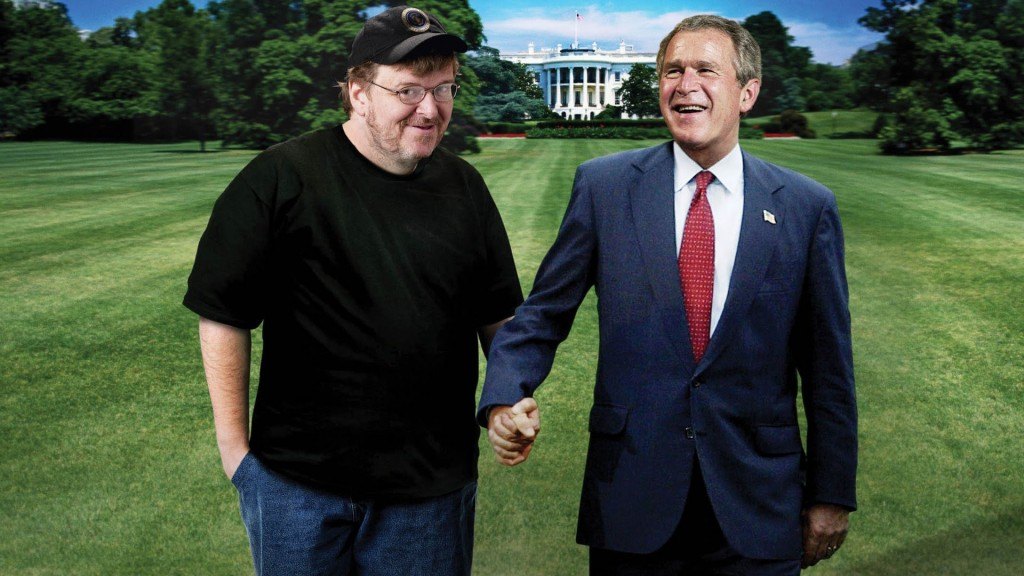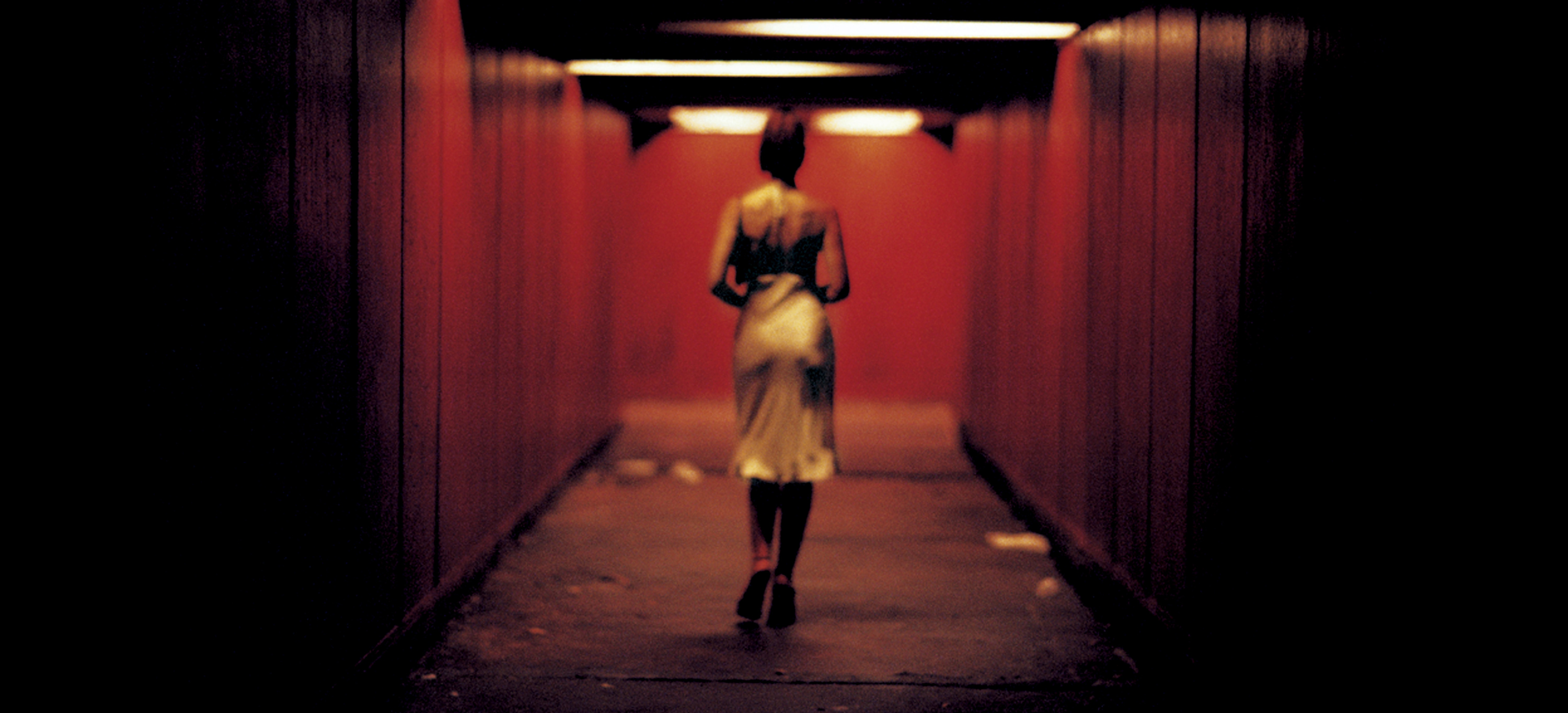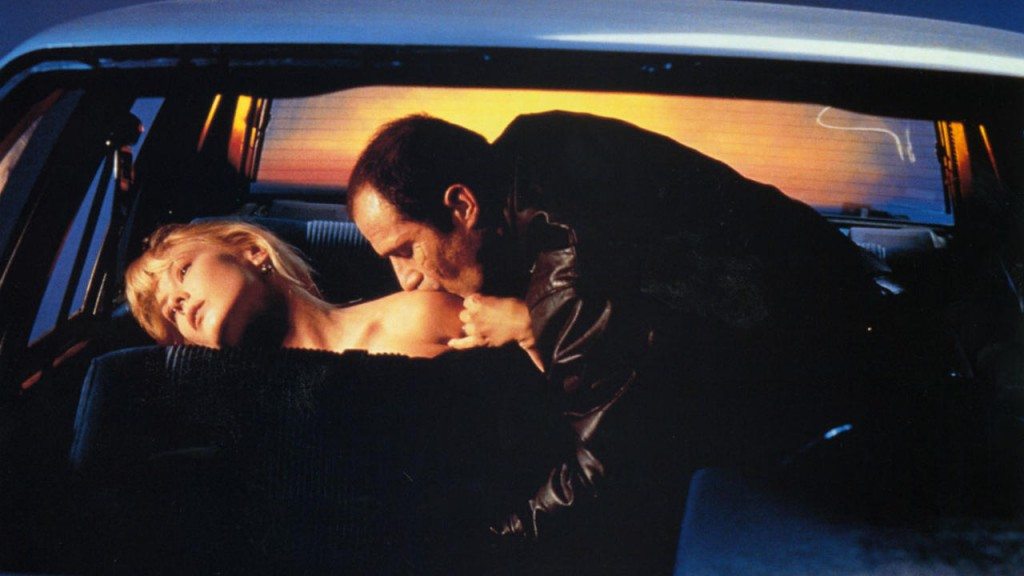Cannes. The beautiful little city on the French Riviera that is synonymous with cinema. Ever since the first edition of the renowned Cannes Film Festival back in 1946, the Croisette has been renowned for bringing forth some of the greatest works of cinematic art. Beyond the glitter and glamour on the red carpet, the festival consistently manages to showcase the best that world cinema has to offer. In the last few years I have been following the festival, there all always a slew of films screened at Cannes that make it into my list of favorites. For a cinephile, the festival is the “Mecca of Cinema”, the one place we all dream to go.
Cannes is no stranger to controversies. From Hitler halting the festival midway back in ’39 as he invaded Poland to the recent tirades by Danish provocateur Lars von Trier, there is little that the festival hasn’t seen. While there ostensibly is some minor controversy or the other every year, like the last year’s Woody Allen fiasco, for this list, we have only looked into the movies whose content became the topic of hot debate and disagreements. And even among those, you wouldn’t find movies like ‘Baise-moi’ and ‘Shortbus’, both of which faced huge uproar due to their explicit content. But while they were indeed provocative, they weren’t particularly good or cinematically interesting.
The films mentioned were controversial for different reasons, but whatever they were, all these movies have favored better over time, at least amongst cinephiles and critics if not the general audience. Some are in fact masterpieces, and you’d be surprised how differently they were viewed in their times. So, without further ado, let us get on with it.
10. Blue is The Warmest Color

Abdellatif Kechiche’s poignant exploration of a coming-of-age lesbian relationship is not only one of the finest films of the decade so far, it was also one of the most talked about movies when it premiered at Cannes in 2013. As is so often the case, the bone of contention here was a 7-minute long, explicit unsimulated sex scene between the two lead actresses. The initial response to the movie after its premiere was phenomenal; despite the few walkouts and allegations of an anti-feminist tone, the movie received rave reviews from the critics. The trouble began when reports emerged of poor working conditions while filming and the director’s exploitative filming practices. It all exploded when the actresses themselves went public, accusing the director of being exploitative, which triggered a strong reaction from the director, further emboldening the movie’s detractors. Ultimately, in an unprecedented move, the Steven Spielberg led jury, while announcing the Palme d’Or for the movie, decided to award both actresses (Adèle Exarchopoulos and Léa Seydoux) along with Kechiche.
9. Twin Peaks: Fire Walk With Me

The official line-up of this year’s festival was only announced a few days ago, and one of the biggest announcements was the premiere of David Lynch’s long awaited revival of the cult TV show ‘Twin Peaks’. But, Lynch’s last outing at Cannes with ‘Twin Peaks’ isn’t exactly worth remembering. Premiered a year after the second season of the show aired in 1991, the feature film was supposed to be both a sequel and a prequel and was expected to answer some of the popular questions that arose from the show’s twisted finale, but Lynch being Lynch, it was exactly the opposite. The movie was incessantly jeered and booed at the screening, with several prominent filmmakers and critics walking out. In a curious case of the pot calling the kettle black, Quentin Tarantino, who was among the audience, later commented, “after I saw ‘Twin Peaks: Fire Walk with Me’ at Cannes, David Lynch had disappeared so far up his own ass that I have no desire to see another David Lynch movie until I hear something different”. The reviews were no kinder as Lynch was unanimously panned. However, in the years since its release, the movie has fared better with cinephiles and while it is far from his best, it still is a fascinating piece of cinema.
8. Fahrenheit 9/11

American filmmaker and activist’s Michael Moore’s documentary was making the headlines well before it premiered at Cannes. A scathing indictment of the Bush presidency and the administration’s War on Iraq, the film was released in an election year when Bush was seeking reelection, and was widely panned by conservative commentators and public intellectuals for being factually incorrect and called the film propaganda. When it did premiere at Cannes, it was widely praised, and received one of the longest standing ovations in the festival’s history. The controversy arose when the Quentin Tarantino led Jury announced the Palme d’Or for the movie. Accusations were made that the decision was political, an opinion which was echoed by the Festival director, who commented the next year that juries should never give awards based on politics and that only the film-making should be judged. Tarantino however, continues to stand by his jury’s decision, and has maintained that it was the art of cinema that was awarded, and not the politics.
7. Do The Right Thing

Spike Lee is a controversial figure; his public comments and tirades for his political causes have often embroiled him in public spats and controversies. His cinema has always been part of the American social discourse due to their exploration of race relations and colorism. And ‘Do The Right Thing’ is one his most important works; an exploration of simmering racial tensions in a Brooklyn neighborhood, the movie initiated a huge public debate on the actions of its lead character, and many accused the film of inciting racial riots. However, none of this had any bearing on its Cannes premiere. All went well, the movie received excellent reviews and looked set to win the Palme d’Or. That was until the Wim Wenders led jury decided to award a somewhat clueless looking Steven Soderbergh for his indie gem ‘Sex, Lies and Videotape’. The controversy however wasn’t that the film was snubbed, but the reason that was cited for the same. Wenders stated that he didn’t award the film because the lead character was “unheroic”. Of course, Spike wouldn’t take it lying down; he retorted: “I’ve got a Louisville Slugger at home with Wim Wenders’ name on it.”
6. La Dolce Vita

One of the greatest films by the master of Italian cinema, Federico Fellini, ‘La Dolce Vita’ is a masterpiece. A comedy drama following a gossip-writer over a week in his hopeless pursuit of love, ‘La Dolce Vita’ is one of Fellini’s greatest works. And the audience at Cannes were quick to recognize the movie’s genius, as the reviews were exceedingly positive and looked to set to win big. But, not all were happy. Fellini parodying Jesus and mocking the Catholic Church didn’t go down well with the Vatican. The festival was pressured not to screen the film and the official Vatican publication panned the movie for its religious commentary. Cannes, however stuck to its ground as the movie went on to win the Palme d’Or, and is today regarded as one of the greatest films ever. Conservative Spanish dictator General Franco too was offended by the film and banned it in Spain, where it remained in place until his death in 1975.
5. Viridiana

Luis Buñuel is one of the greatest and most accomplished filmmakers of all time; his taboo themes and subversive narrative techniques have always confounded audiences. The radical social commentary and sexual subtext in his cinema had made him a controversial figure, but things came to a head when he premiered ‘Viridiana’ at Cannes. Buñuel, a staunch atheist, mercilessly mocked the Catholic Church and its practices while continuing with his exploration of sexuality and human nature. The movie was a rage at its premiere, earning itself great reviews and ultimately won the Palme d’Or. To this day, ‘Viridiana’ is considered to be one of the greatest Palme d’Or winners and one of the greatest films ever made, but at the time, two very powerful parties were not entirely pleased with the movie’s success. The Catholic Church was incensed by the movie’s critical acclaim, and their official newspaper called the film ‘blasphemous’. The sequence where the miscreants pose for a The Last supper-esque photo and the ambiguous ending draped in sexual innuendo were particularly offending. Much like the ‘La Dolce Vita’, General Franco tried to get ‘Viridiana’ thrown out of the festival, and when that proved unsuccessful, he had it banned in Spain. The movie however, survived the storm and is today regarded as a cult-classic.
4. Crash

Nope, this is not about the 2004 Oscar winner (which probably would never have made it into a Cannes lineup). This is about David Cronenberg’s befuddling and mysterious psychological drama about a group of individuals who are sexually aroused by car-crashes! Yep, you heard that right; Cronenberg, the master of subversive and morally ambiguous themes crafted a thoroughly distressing portrait of modern life in the midst of technology. Of course, when a film is this taboo, it would have been surprising had it not invited controversy, and expectedly so, the premiere was received as expected. Audiences were stunned, nauseated; some passed out, others left the screening in disgust. The reviews were equally unforgiving; while some outright trashed the movie, others were too confused as to what to make of it. The movie won the Jury Prize, a decision which was welcomed by further derision and disgust. A movie like ‘Crash’ was always bound to attract hate, and I honestly think that’s what Cronenberg was gunning for. But say what you will, the movie will affect you like none other and is a daringly provocative work from a master filmmaker.
3. Antichrist

Of course, there had to be a Lars film in here. The enfant terrible of contemporary cinema, Lars von Trier has carved a niche for himself with his provocative and disturbing works of art that at times veer on self-indulgence. But, he is a master provocateur, and his movies are never uninteresting. We had a wide range of Trier’s Cannes controversies to choose from, from Trier’s Hitler joke, to his outrage against not receiving the Palme d’Or for ‘Europa’, but we finally settled on his most disturbing and controversial work ‘Antichrist’. Portraying a young couple dealing with the tragic death of their infant son which slowly descends into a physical, emotional and psychological decay, the movie has scenes of the unsimulated sex, castration, genetic mutilation which expectedly led to a huge uproar. Numerous episodes of fainting and puking were reported as audiences and critics couldn’t digest the film’s graphic portrayal of grief and mental degradation. The critics were unrelenting in their criticism as the movie’s social, emotional and ideological themes were ignored in favor of trashing its explicit gore and its inherent misogyny. Even as Charlotte Gainsbourg won for daring performance, the Cannes Ecumenical Jury gave the film an “anti-award” and called it “the most misogynist movie”.
2. L’Avventura

Arguably the finest movie in this list, ‘L’Avventura’ is one of the most audacious on philosophically powerful films ever made, a movie which created a new cinematic language. But, the movie did not have a successful start. When premiered at Cannes in 1960, the film was passionately derided by critics and audiences alike. Connoisseurs of cinema will never forget the heart-breaking image of Michelangelo Antonioni and his star Monicca Vitti bursting into tears as the film was relentlessly booed and jeered by the audience during its premiere; they couldn’t bear the humiliation and fled the screening. The long sequences which purportedly had no narrative value and the cold approach to Antonioni’s film-making were too much for people to stomach, it is said that bored members of the audience wanted to throw something at the screen as Antonioni’s aesthetics were dubbed as “artistic masturbation” and self-indulgence. The deafening booing continued into the next week, as the film won the Jury Prize. However, redemption came soon for Antonioni as his masterpiece had a highly successful theatrical run, and in 1960, just two years into its release, found a place in the prestigious Sight and Sound Poll of the greatest films ever made. Antonioni has since made great works of art, but nothing could surpass the audacity and philosophical profundity of ‘L’Avventura’.
1. Irreversible

Gasper Noé, much like Lars von Trier, is an artistic provocateur, but at his best, Noé is infinitely more affecting and devastating than Trier. His sophomore feature, ‘Irreversible’ is one of the most powerful cinematic experiences of the century, a movie that could irreparably scar you for life. Noe borrows the reverse chronology narrative from Nolan’s ‘Memento’ and inventively uses the technique to portray the brutality of pain and suffering and the nihilism around us. It remains, to this day, the most controversial Cannes feature, as the screening was marred by innumerable walkouts and faintings by viewers who found the experience too overwhelming. The movie was deemed “unwatchable” by a numerous critics and commentators, notably by Roger Ebert, who called it “a movie so violent and cruel that most people would find it unwatchable”. The scenes of graphic violence and the uncomfortably long and brutal rape scene featuring Monica Bellucci are near impossible to watch. Noé’s disorienting cinematography is nauseating and perfectly complements the movie’s nihilist atmosphere and tone. It is an experience that is incredibly powerful; it will always remain controversial, but those accusing it of gratuitous violence should remind themselves of its beautiful closing shots; the serenity and hope in those moments are testament to Noé’s thematic depth and vision.

